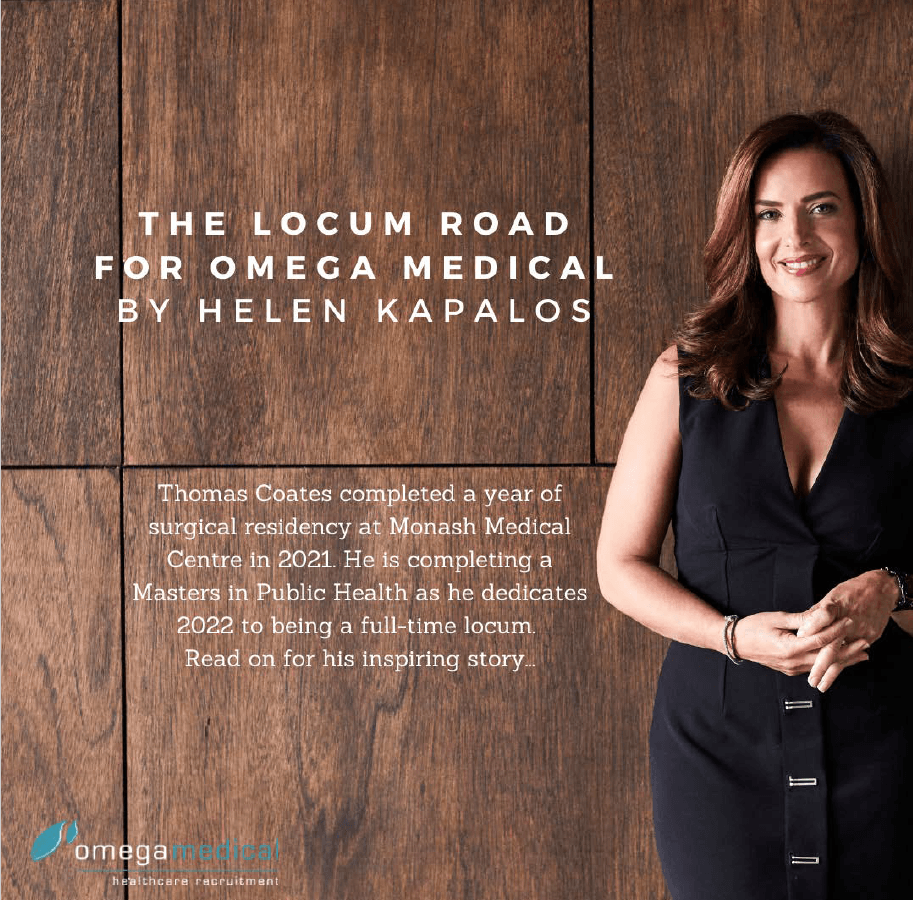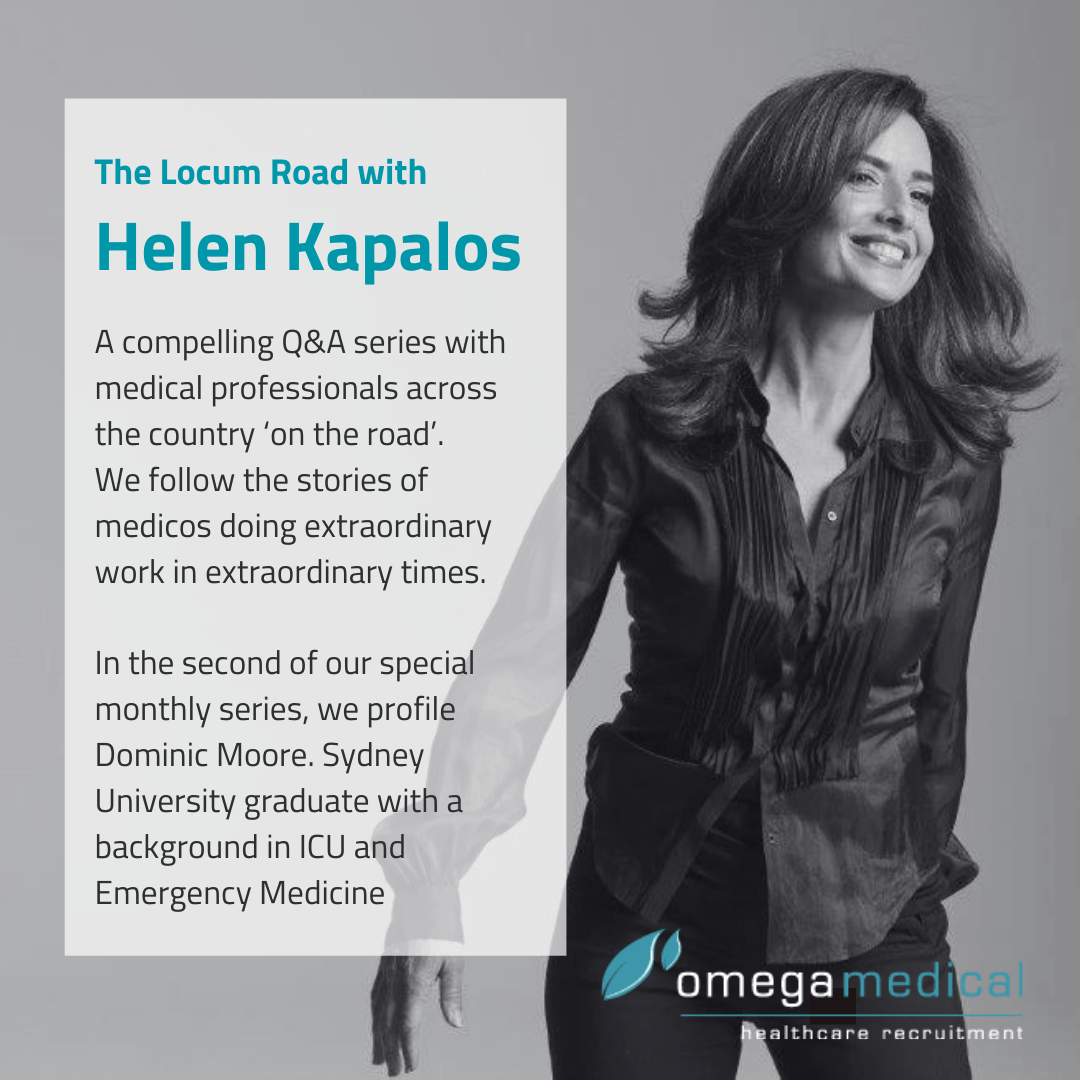By John Codner, Managing Director, Omega Medical
Half of the world’s population does not have access to essential health services. This is particularly worrying when you consider that Universal Health Coverage (UHC) is a critical means to achieving the United Nations 2030 Agenda’s Sustainable Development Goals (SDGs) that meet the urgent environmental, political, and economic challenges facing our world.
A staggering 2 billion people are grappling with financial hardships arising from out-of-pocket health expenses, pushing 344 million individuals into the depths of extreme poverty. These numbers are not just statistics; they represent the daily struggles of families and communities worldwide, highlighting the disparities in healthcare access and the financial burdens that disproportionately affect the most vulnerable.
On this International Universal Health Coverage Day, let us acknowledge that health is a fundamental human right. The United Nations High-Level Meeting on Universal Health Coverage held on 21 September 2023, highlighted the urgency of addressing the global health crisis and reaffirmed that healthy people are the foundation of healthy societies and economies, and that Universal Health Coverage is central to achieving all the Sustainable Development Goals. The trajectory towards achieving the health-related SDGs had already stalled before the onset of the COVID-19 pandemic, which set many countries further back on the path to universal health coverage, emphasising the need for resilient and equitable healthcare systems.
The stark contrast in healthcare worldwide can be attributed to a combination of historical, economic, political, and social factors. Considering our position in Australia, what meaningful steps can we take to help to alleviate these global health inequalities?
Strengthen Primary Healthcare Systems:
Prioritise the development of primary healthcare systems to ensure that basic health services are accessible to all, especially in rural areas. Approach health initiatives with cultural sensitivity, incorporating local knowledge and community involvement whenever possible.
Invest in Health Infrastructure:
Increase investments in healthcare, such as the construction and maintenance of hospitals, clinics, and health centres, particularly in rural communities. Leverage technology to establish telemedicine networks, allowing remote communities to access medical expertise.
Effective Healthcare Recruitment Strategies:
Recruit an increased number of healthcare workers, particularly to rural areas to address the shortages.
Training and Development:
Invest in the training and retention of healthcare professionals, particularly in areas facing shortages. Develop incentive programs to encourage healthcare professionals to work in remote areas.
Preventive Healthcare Programs:
Emphasise preventive healthcare through education and awareness campaigns, vaccination programs, and regular health check-ups.
International Collaboration and Research Sharing:
Strengthening partnerships with international organisations and collaborating with other nations on healthcare initiatives can amplify collective efforts to address global health disparities. Share knowledge, technologies, and best practices with other countries that can facilitate advancements in medical care globally.
Humanitarian Aid and Advocacy for Policy Reforms:
Continue to support humanitarian aid and disaster response efforts and to use our diplomatic influence to advocate for global health policy reforms.
Promotion of Universal Health Coverage:
Advocate for, and support initiatives aimed at achieving universal health coverage globally, ensuring that everyone can access the health services they need, regardless of their socio-economic status.
Public-Private Partnerships:
Encourage collaboration between governments, non-governmental organizations, and private sector entities to bridge gaps in healthcare delivery.
The achievement of Universal Health Coverage is not just an aspiration; it is imperative for the well-being and prosperity of present and future generations. By actively pursuing these initiatives, Australia can contribute meaningfully to the global effort to address healthcare imbalances, creating a more equitable and healthier world.









